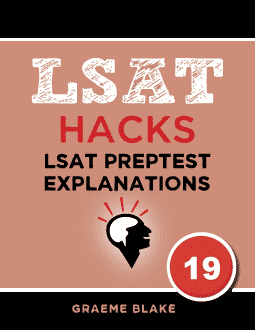DISCUSSION: The critics in lines 16-19 claim that James is abandoning detective fiction to write highbrow novels.
Oakes and Waugh (lines 20-25) are examples of these critics. They want James to write a crime story, and they want her to stop filling her novels with literary concepts.
Many literary critics will criticize a novel for being too lowbrow and popular. So it’s ironic that these critics think that James should be less highbrow.
That’s why their snobbery is “inverted”: the lower class crime-novel critics are saying that James is too high class to be part of their club.
___________
- The critics believe that critics are less talented than authors? This would be a funny thing for a critic to say out loud, but it’s never mentioned in lines 16-25.
- The critics in question are disparaging James. Waugh and Oakes are representative examples of the critics mentioned in lines 16-19.
- English landed gentry? This is complete nonsense. The passage never mentions British aristocrats. This answer choice is trying to force you to make a connection between “Highbrow” and “English Lord”.
- CORRECT. The critics want handcuffs and a thrilling plot. They don’t care for James’ exquisite settings and characterization.
Most snobs look down on people for not being good enough. These critics think that James is trying to be too good.
- Lines 16-25 never mention violence. The critics might want more explicit violence, but we don’t know this. Even if they did, it doesn’t explain the concept of “inverted snobbery”. High Literature has plenty of violence.


Leave a Reply